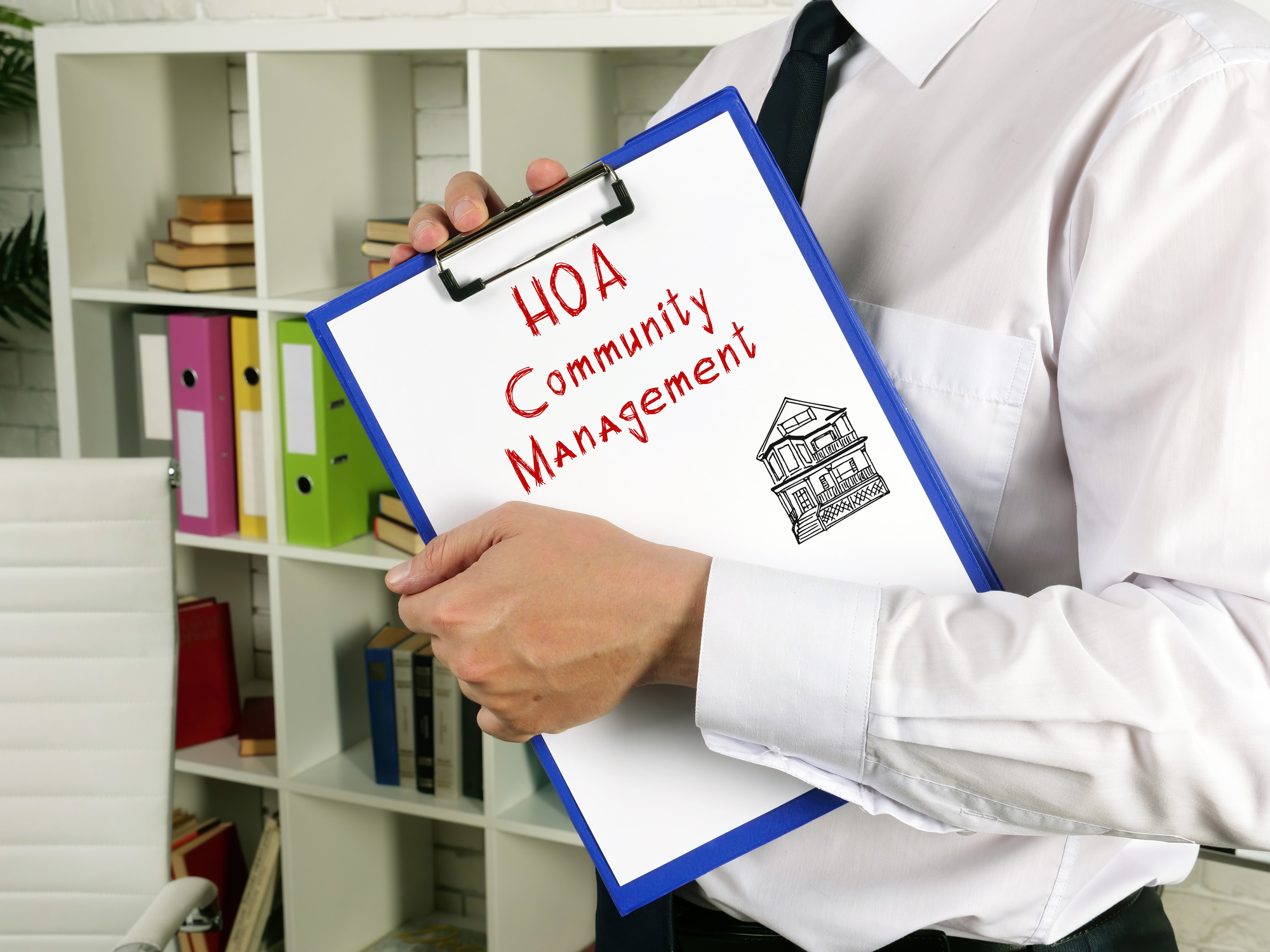Homeowners Associations (HOAs) play a pivotal role in maintaining and elevating the standard of living in many communities. Their success, however, largely depends on the proficiency of their management. Thus, selecting the right HOA management company becomes paramount, and there are several key factors associations should consider in this selection.

Here’s what to consider when getting the services of an HOA management company.
Understanding The Need For HOA Management
Before diving into the factors to consider when hiring an HOA management company, it’s crucial to first understand the role these companies play. HOAs consist of property owners, but only some members have the time, expertise, or inclination to manage daily tasks, enforce rules, or handle financial responsibilities. Professional management companies step in to handle these responsibilities for the association.
However, some things must be considered when working with a management company. For instance, when seeking HOA Management near Rock Hill SC, or in any other locality, associations must be clear about their requirements and expectations to make an informed hiring decision.
Things To Consider When Hiring An HOA Management Company
Having understood why HOA management is necessary, the next step is to get familiar with some key things to consider when hiring a management company. These include:
1. Experience
First and foremost, it’s important to consider the experience when selecting an HOA management company. How long have they been in business? What size communities do they typically serve? A company with several years in the industry often possesses tried-and-tested strategies for dealing with various challenges. For example, an HOA management company dealing with a flood situation in one community will be better equipped to handle similar emergencies in the future, having learned from real-world challenges.
2. Services Offered
Beyond experience, it’s vital to assess the range of services offered. Different communities have unique needs. Some might require strict financial management, while others may prioritize maintenance or resident communication. For example, a beachside community with vacation rentals might require the HOA management company to handle frequent resident turnovers and seasonal maintenance – these are services that might not be necessary for a residential-only community.
Hence, associations should make a list of their primary requirements and ensure the company offers those specific services. Some essential services include financial management and budgeting, maintenance and repair coordination, rule enforcement, resident communication, and conflict resolution.
3. Reputation And Reviews
In the digital age, the reputation of a company is easily discernible. Online reviews, testimonials, and feedback can provide a wealth of information. Associations should consider both positive and negative reviews and look for patterns. For instance, if multiple reviews mention poor communication, it might be a red flag. If an HOA management company has numerous reviews praising its prompt communication, it’s a good indicator of its responsiveness.
4. Transparent Communication
A good HOA management company should maintain clear and open communication with the board and residents. Regular updates, easily accessible contact information, and prompt responses to concerns are hallmarks of a company that values transparency. For example, if there’s a delay in a community project, they should proactively update residents, explaining the reasons and providing a new timeline.
5. Technology Use
In today’s digital age, an effective HOA management company should harness technology to optimize its operations. Online portals for resident communication, electronic payment options, and digital maintenance requests are just a few features that can enhance efficiency and user experience. For instance, a community portal where residents can book amenities, check event calendars, and pay their dues online can significantly enhance the resident experience.
6. Legal Know-How
Laws and regulations governing HOAs can vary by state and locality. It’s imperative that the HOA management company is well-versed in these laws to ensure that the association remains compliant. For example, if a state introduces new environmental regulations, the company should advise the community on compliance, perhaps suggesting eco-friendly landscaping or energy-efficient community lighting. This knowledge not only helps avoid potential legal pitfalls but can also guide the board when crafting or revising community rules.
7. Contract And Fee Structure
Another crucial aspect to examine closely is the contract and fee structure. Associations should read the fine print and ensure they understand all costs involved. For instance, if a contract states a flat monthly fee but doesn’t specify extra charges for emergency repairs, associations might find themselves facing unexpected bills. Hidden fees or ambiguous terms can lead to disputes down the line. It’s also advisable to inquire about the length of the contract, termination clauses, and renewal processes.
8. Emergency Response
Beyond planned activities and services, it’s also essential to consider the unexpected. Whether it’s a natural disaster or a maintenance crisis, the HOA management company should have a clear plan in place to handle emergencies. Quick and effective responses can minimize damage and ensure residents’ safety. For example, if a community faces a power outage, they should have a protocol in place, from informing residents to coordinating with power companies and ensuring backup generators are operational.
9. Training And Continued Education
As with any industry, the realm of HOA management continually evolves. Rules change, technologies evolve, and community expectations shift. A forward-thinking HOA management company will prioritize continued education and training for its staff, ensuring they stay updated with industry best practices. For instance, if new software emerges that makes financial reporting more transparent and efficient, the company’s staff should be trained to use it, benefiting the community.
Final Thoughts
Choosing the right HOA management company isn’t just a decision but an investment in the community’s future. It’s about more than just ticking boxes or choosing the lowest bidder. The association needs a partner that aligns with its vision, values, and objectives. By considering the factors listed above, HOAs can make a well-informed choice that will benefit the community for years.




















